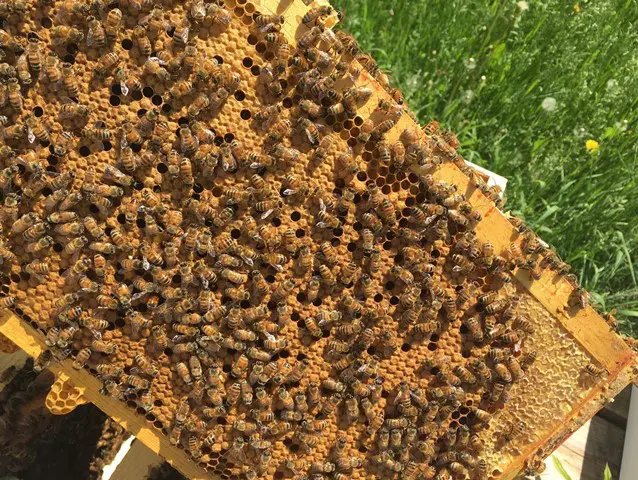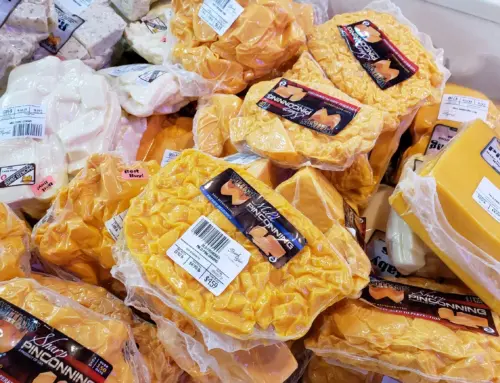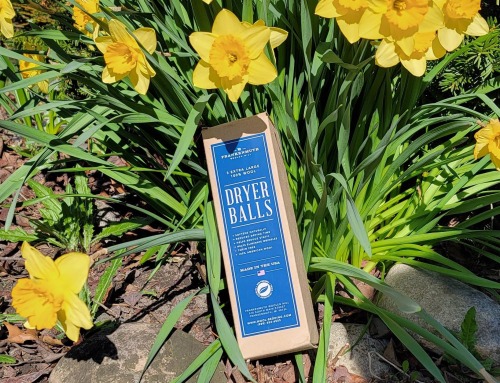The origin of my business, Sunrise Side Honey, LLC, goes way back to when I was a kid, growing up spending most of my summers all across the great state of Michigan. Outdoor activities have and always will be a part of my life and because of that, beekeeping just seemed like a natural progression that could achieve many positive outcomes for an array of reasons. I was also fortunate enough to have access to family-owned land where I still raise the bees today, along with having a few friends that were already into beekeeping themselves. Much of the family-owned land has a diverse landscape with an abundance of natural plants, trees, flowers, and water sources that provide the ideal ecosystem for honey bees and all pollinators alike. Like any endeavor, there is always a learning curve, but the combination of having the resources, the drive, and the ability to have a positive influence within my surrounding environment has made the learning curve an enjoyable journey so far.
The best advice I received regarding beekeeping, is to simply let them do what they do best, while giving them the resources they need to do it. This made sense to me because honey bees have been around for thousands of years and have played a pivotal role in nature’s ecosystems, which directly affects our lives as humans every day. Many food sources that are dependent on pollination in order produce and thrive are greatly impacted by the number of pollinators in the existing ecosystem around them, but also the health of the pollinators as well. Any environment that offers a strong, diverse landscape and ecosystem for all forms of life around it, will naturally thrive and stay healthy when in full harmony. This is the approach I take not only with the bees within my apiary, but it’s also a way of life for myself and many others.
As humans, there are many ways we can help the honey bees thrive, which in turn, allows us to make our own positive dent in the universe and within the ecosystem we exist in. An active approach would be learning how to become a hobby beekeeper and furthering your education on bees and the multitude of benefits they provide.
A more passive approach could be planting a number of diverse plants, trees, and flowers that bloom and pollinate in various seasons. Some excellent choices would be Hollyhocks, Roses, Clematis, Wildflowers, Lavender, Raspberry bushes, High-brush Cranberry bushes, Blueberry bushes, and Buckwheat.
These activities can be done around your home, plots of privately-owned land, or by participating in local organizations that do these activities for public lands across the state. Many beekeeping events, clubs, and organizations are either free, or charge a small membership fee, and in return you gain valuable education and resources on bees, the environment, and beekeeping training. The club that I started with was Ann Arbor Backyard Beekeepers. It was a lot of great people sharing knowledge and all with the same goal of supporting the growth and sustainability of the bee population. Napoleon Bee Supply also holds events year-round by having an array of local Michigan beekeepers speak at their store. Both organizations will add you to their mailing distributions and any fees are usually $20 or less.







Leave A Comment
You must be logged in to post a comment.